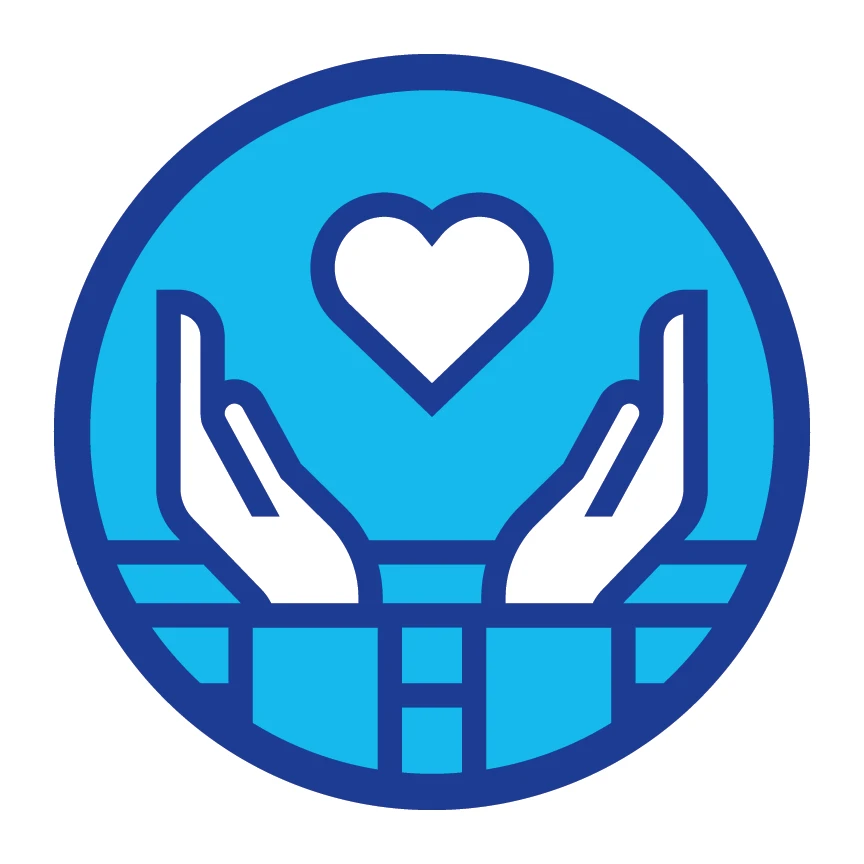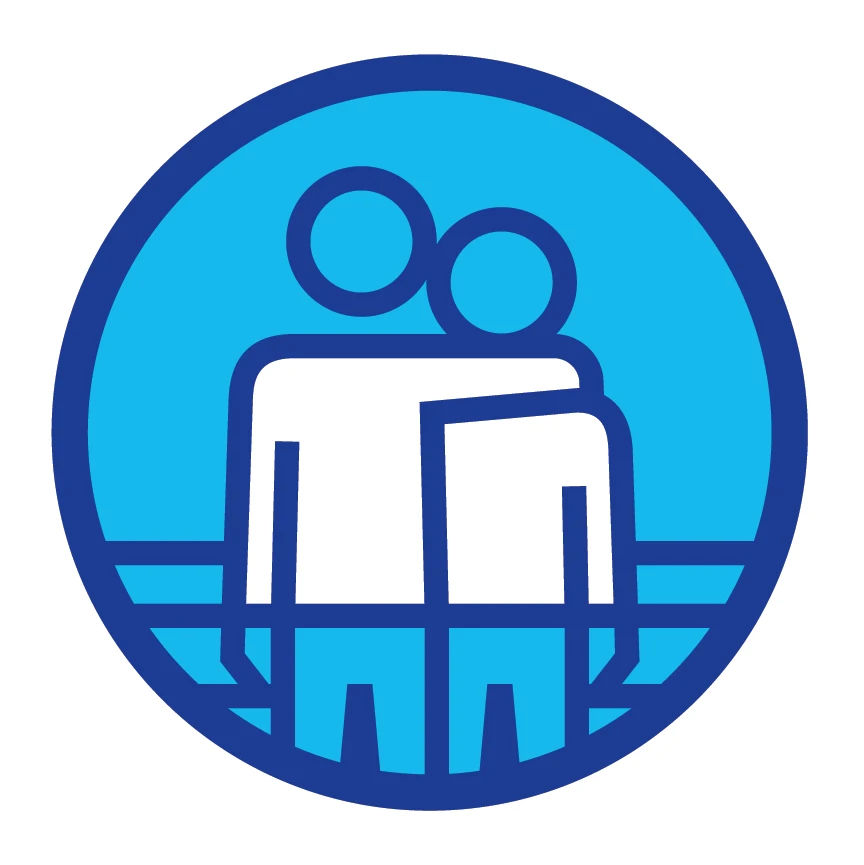By Dr. Ann Moore, DO, FACCOI, CMD, Chief Medical Officer, Stillwater Hospice
As a hospice and palliative care physician with Visiting Nurse, most of my patients are facing serious and often life-ending illnesses. I have found most people have strong feelings about what they consider an acceptable quality of life and whether or not they would wish to seek what many consider aggressive medical intervention. Unfortunately, many people don’t make their wishes known to those around them. April 16 is National Healthcare Decisions Day, and I encourage people to speak with their loved ones about their choices for end-of-life care.
Nationally, 63 percent of Americans have not completed an advance directive, according to a 2017 study from the Perelman School of Medicine at the University of Pennsylvania of more than 795,000 Americans enrolled in 150 difference medical studies. While completion of advance directives was nominally higher among patients with chronic illnesses (38.2 percent) than among healthy adults (32.7 percent) and was much higher among patients 65 and above (45.6 percent), the numbers show we have a long way to go in getting people to make their wishes known in advance of a critical medical situation.
As Medicare providers, we physician and hospitals are required to ask patients if they have completed advance care directives and this usually happens at check-in. Unfortunately, the discussion usually stops there. It is important for you to share your wishes with your healthcare team and provide them with copies of completed paperwork. More often, patients and their families need more information or feel that they have to see an attorney to draft these documents. Caringinfo.org is an easy-to-understand website explaining advance directives with links to every state’s advance directive forms. These forms can be downloaded and completed without an attorney and at no cost. There are forms to name medical power of attorney and to explain your wishes regarding medical care. I find that once we start the conversation, patients and their loved ones are relieved to be given an opportunity to talk about their wishes.
When we have the luxury of being able to talk with a patient directly, we ask questions to help understand what they consider an acceptable and/or unacceptable quality of life to them. If the patient is unable to participate in a conversation and has not completed advance directives, we rely on those around the bedside to provide the information. In addition to providing education about underlying disease, treatment options, burdens, and benefits, understanding the overall goals of living and acceptable quality of life is the key to helping patients and family members make decisions.
I have found that when a patient says, “I want you to do everything,” they don’t understand what that means. The unspoken part of that sentence in their minds can be “do everything and make me whole again.”
I educate my patients that the most important advance directive to complete is designation of a power of attorney. I tell my patients that this is the person who speaks for you if you can’t, so choose someone who will be strong enough to do it. I also tell them that with all the advances in medical treatments and technology, we don’t know what options will be available in five years, so give directives related to acceptable quality of life and outcomes and not specific interventions.
For health care providers, having these difficult conversations at a non-urgent visit can be a gift you give your patients, and in turn, a gift those patients give their families.
If you as a patient don’t know how to start the conversation, I encourage you approach those who you want to know what your wishes are and ask, “Can we talk?”


